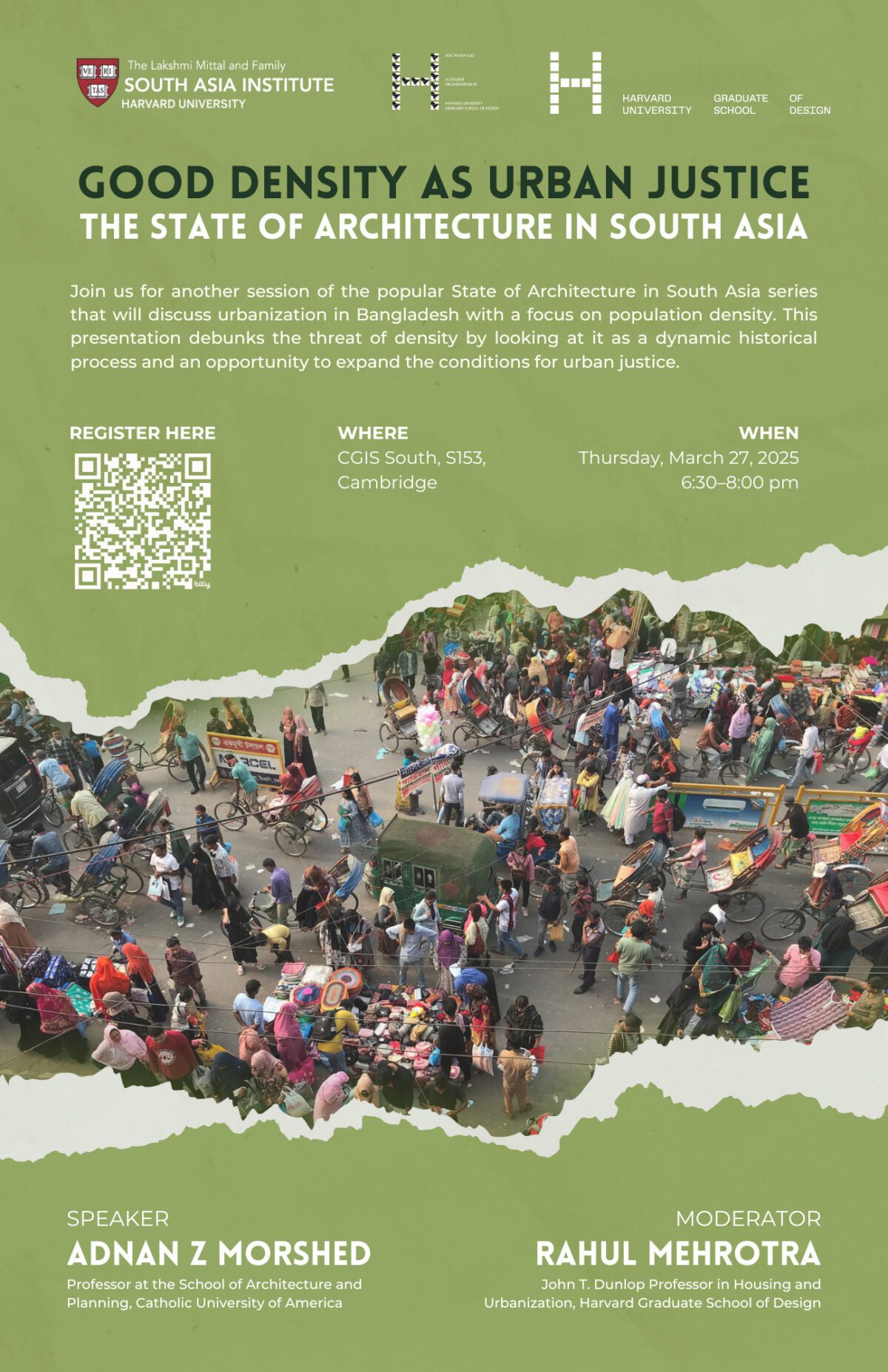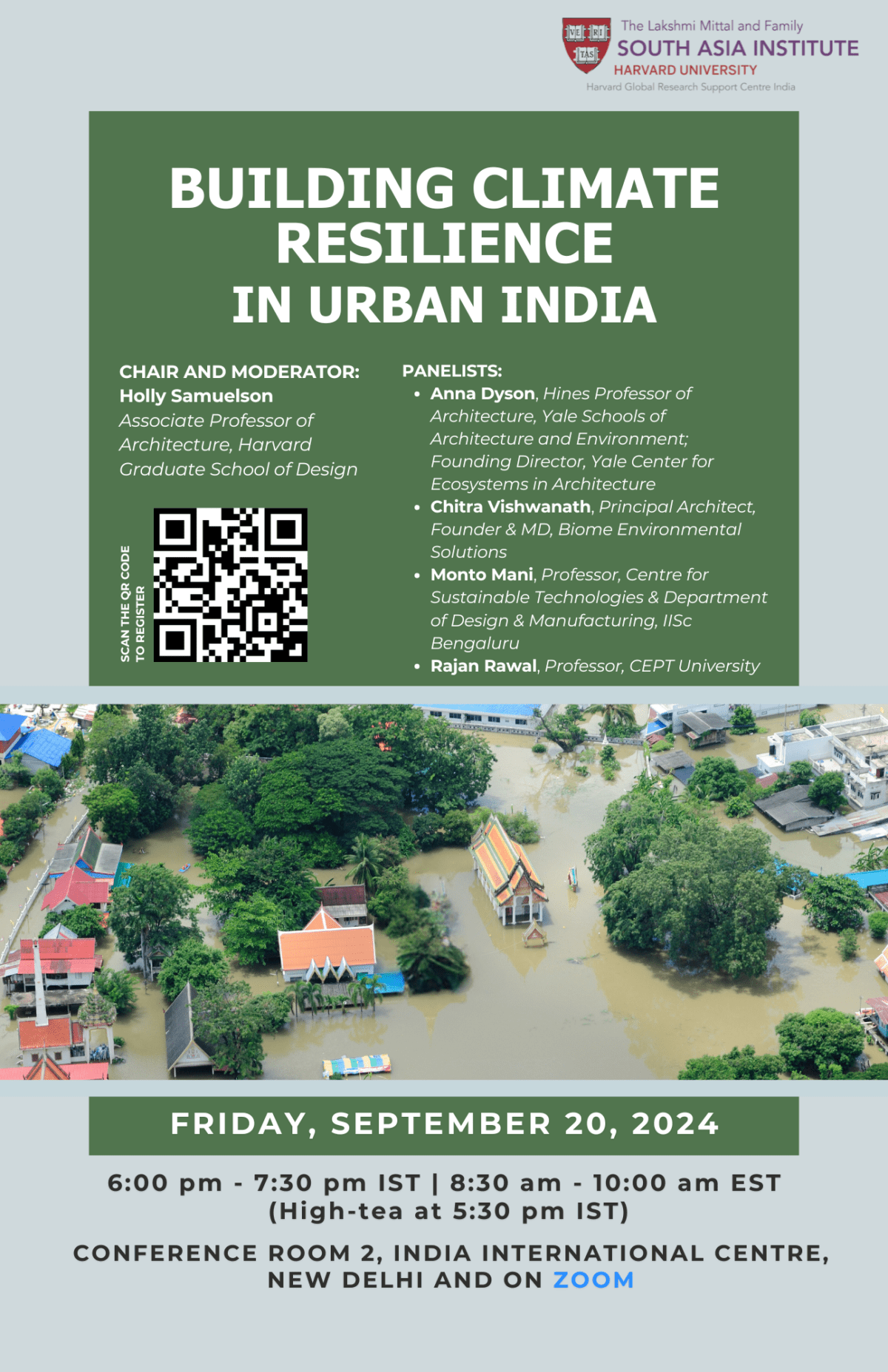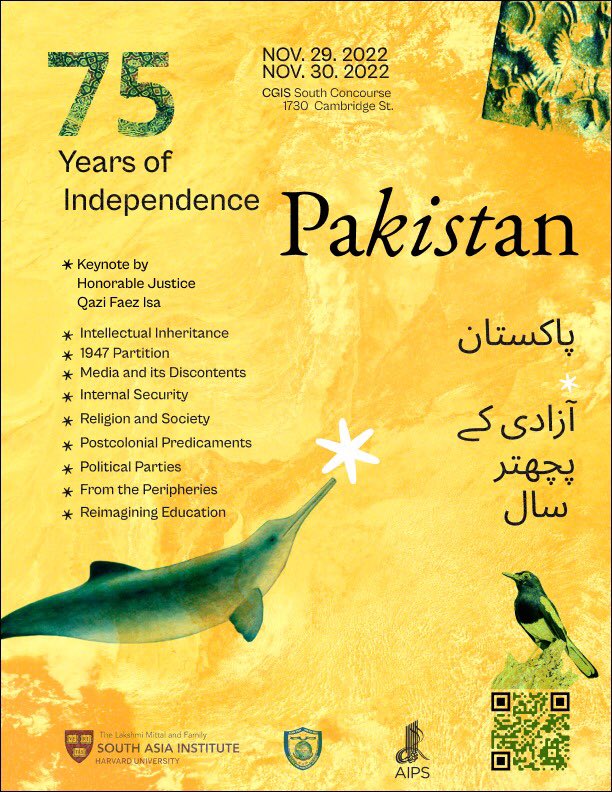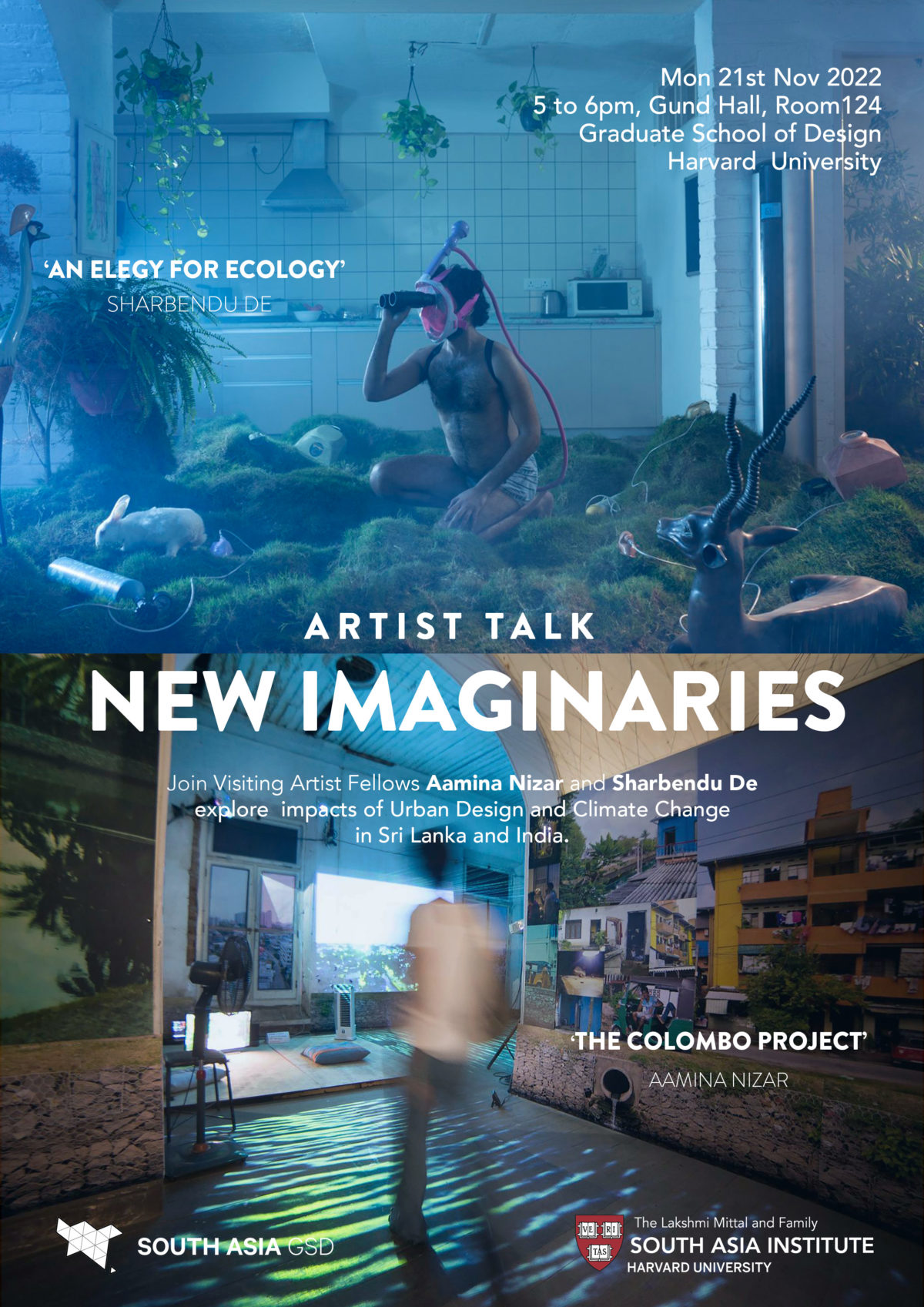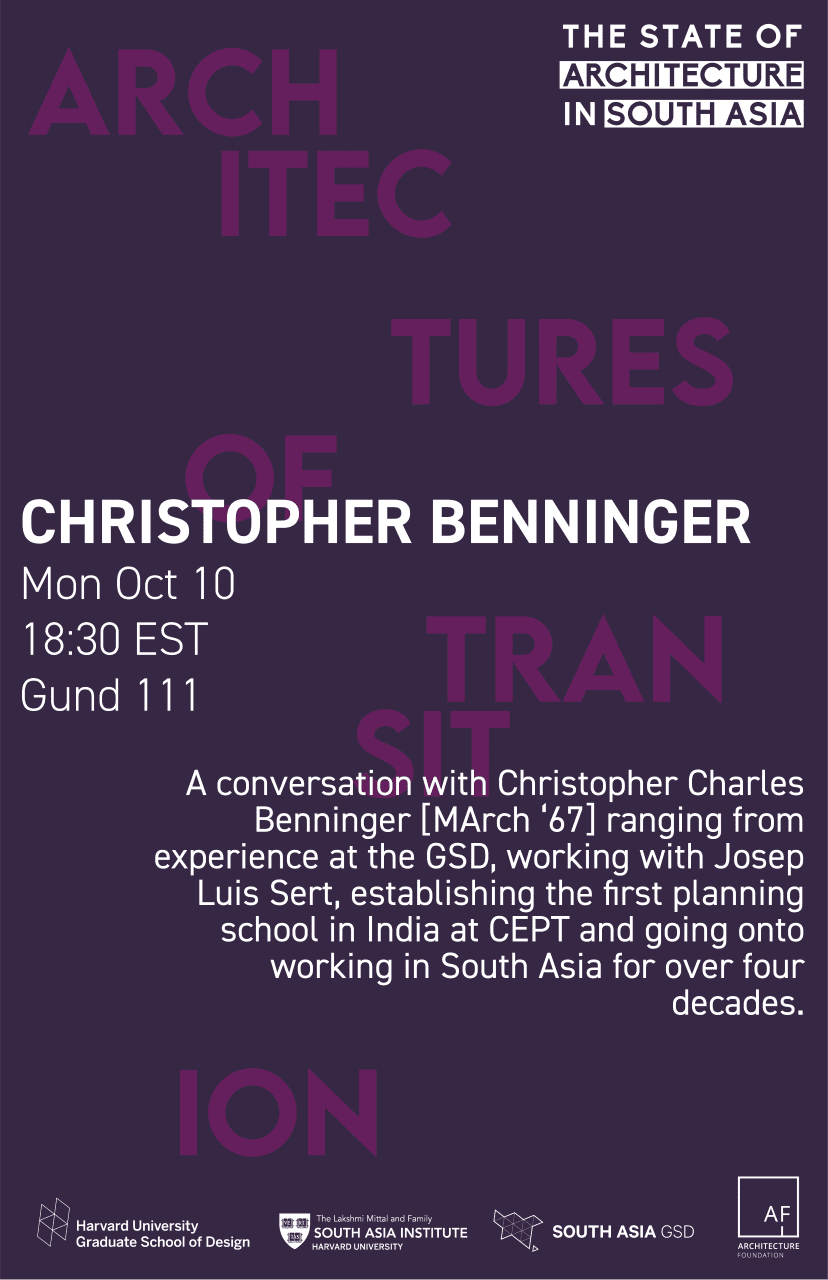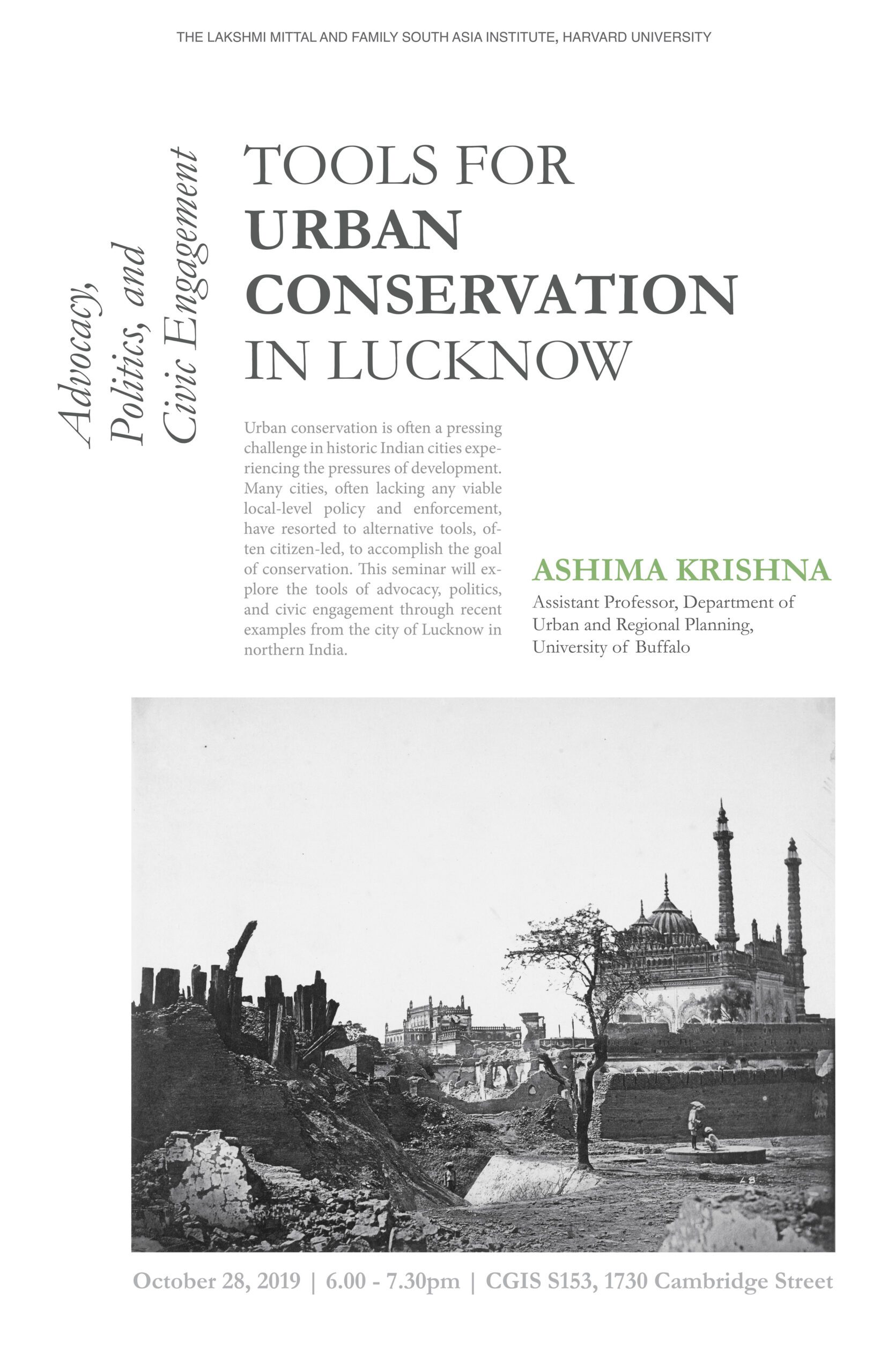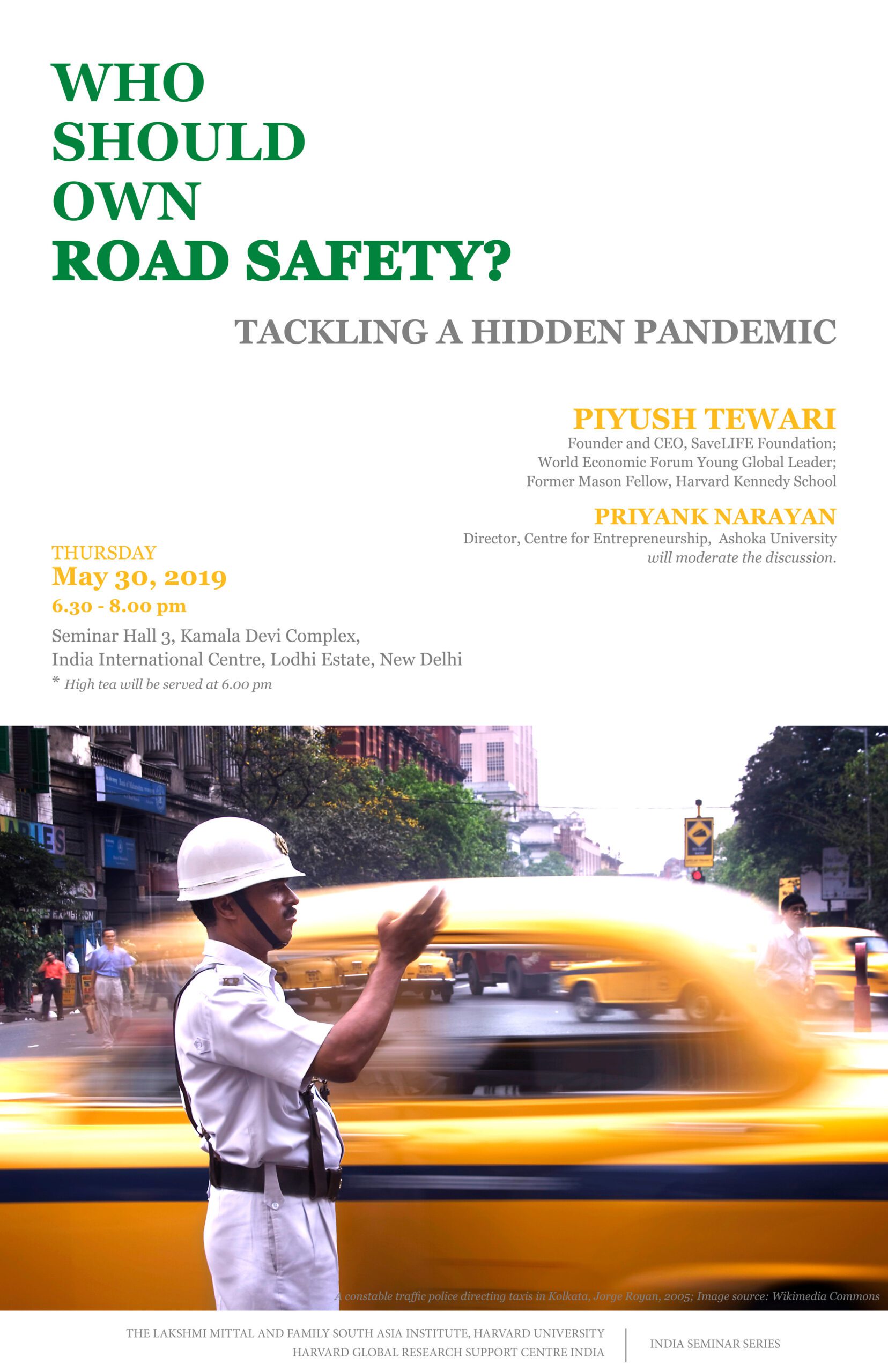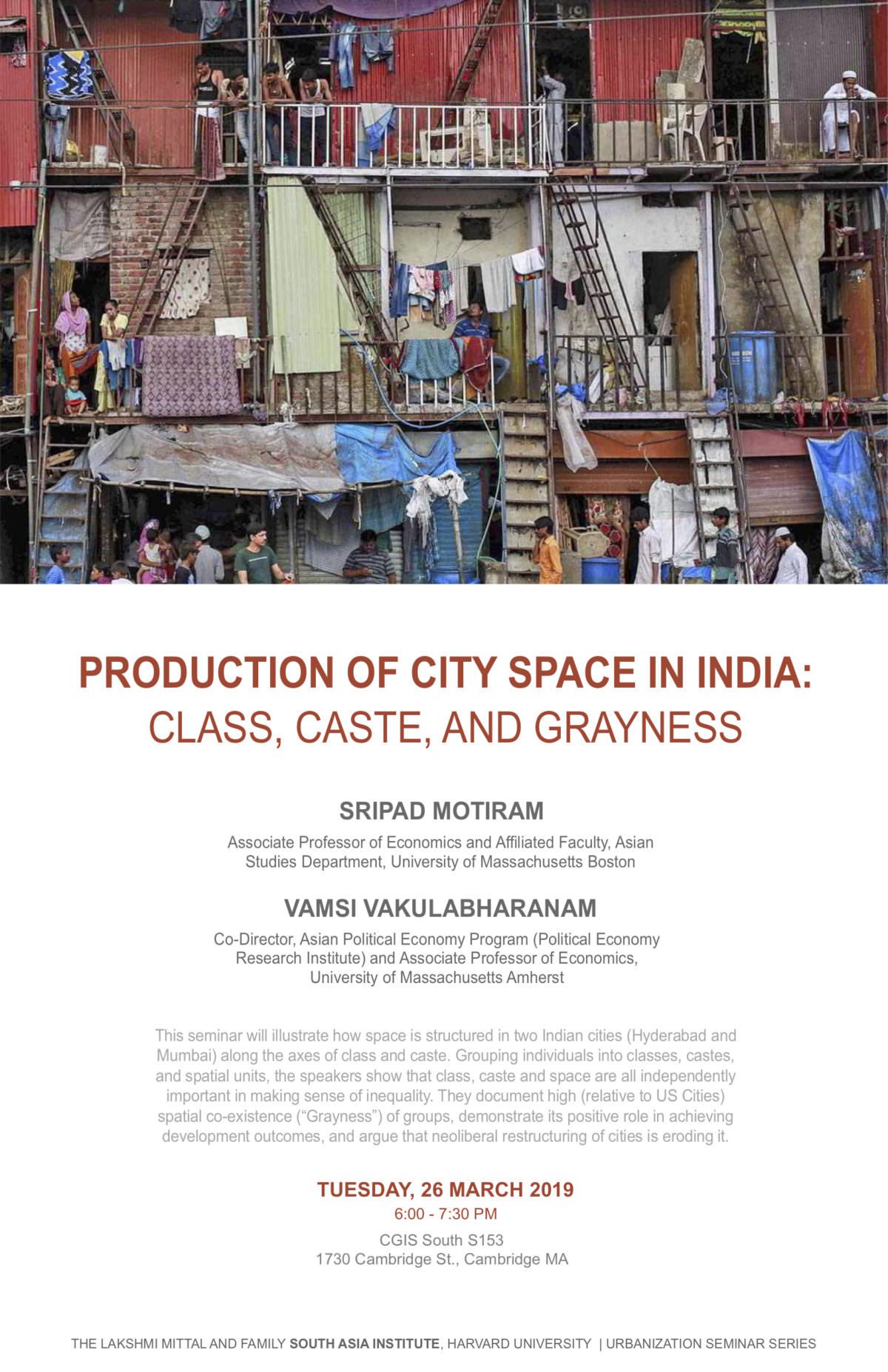WHEN
Thu, Mar 27, 2025 from 06:30pm — 08:00pm, ET
Join us for another session of the popular State of Architecture in South Asia series that will discuss urbanization in Bangladesh with a focus on population density.
More InfoWHEN
Fri, Sep 20, 2024 from 06:00pm — 07:30pm, IST
Join us for an insightful discussion on “Building Climate Resilience in Urban India” that aims to explore the climate change impacts of the built environment in urban landscapes.
More InfoWHEN
Wed, Nov 30, 2022 at 09:00am, ET
COST The event is free and open to all.
VENUE
CGIS South Concourse, 1730 Cambridge Street, Cambridge, MA
This conference aims to bring a focused, though not exclusionary, lens to the study of the country, where in a regional context, Pakistan is overshadowed by its much larger neighbor.
More InfoWHEN
Mon, Nov 21, 2022 from 05:00pm — 06:00pm, ET
VENUE
Gund Hall, Room 124, Graduate School of Design
Join Visiting Artist Fellows Aamina Nizar and Sharbendu De as they explore impacts of urban design and climate change in Sri Lanka and India. ‘An Elegy for Ecology’ by Sharbendu De imagines how humans can survive in the future in the wake of climate change. ‘The Colombo Project’ by Aamina Nizar imagines an […]
More InfoWHEN
Mon, Oct 10, 2022 at 06:30pm, ET
Join us for a conversation with Christopher Charles Benninger [M’Arch ‘67], which will range from his experience at the GSD in the ’60s, working with Josep Lluís Sert, establishing the first planning school in India at CEPT and working in South Asia for over four decades.
More InfoWHEN
Mon, Nov 29, 2021 from 12:30pm — 01:30pm, ET
Register for the talk The Kinetic City (ArchiTangle, 2021) presents Rahul Mehrotra’s writings over the last thirty years and illustrates his long-term engagement with and analysis of urbanism in India. This work has given rise to a new conceptualization of the city. Mehrotra calls it the Kinetic City, a counterpoint to the Static City, as […]
More InfoWHEN
Tue, Nov 5, 2019 from 06:00pm — 07:30pm, ET
Economic corridors — ambitious infrastructural development projects throughout Asia and Africa — are dramatically redefining the shape of urbanization. As these corridors cut across croplands, the conversion of agricultural lands into new urban uses has erupted in volatile land conflicts. This talk will focus on urbanization along the first economic corridor built in India, the […]
More InfoWHEN
Mon, Oct 28, 2019 from 06:00pm — 07:30pm, ET
Urban conservation is often a pressing challenge in historic Indian cities experiencing the pressures of development. Many cities, often lacking any viable local-level policy and enforcement, have resorted to alternative tools, often citizen-led, to accomplish the goal of conservation. This seminar will explore the tools of advocacy, politics, and civic engagement through recent examples from the city of Lucknow in northern India.
More InfoWHEN
Thu, May 30, 2019 from 06:00pm — 08:00pm, ET
In the past decade, over 1.3 million people have been killed in road crashes in India. Ten times more have been left seriously injured or permanently disabled. The issue has emerged as the single biggest killer of young people in India (15-45 age group). Given the multiplicity of agencies and overlapping responsibilities, where should the accountability […]
More InfoWHEN
Tue, Mar 26, 2019 from 06:00pm — 07:30pm, ET
Sripad Motiram, Associate Professor of Economics and Affiliated Faculty, Asian Studies Department, University of Massachusetts Boston Vamsi Vakulabharanam, Co-Director, Asian Political Economy Program (Political Economy Research Institute) and Associate Professor of Economics, University of Massachusetts Amherst Sripad Motiram and Vamsi Vakulabharanam will discuss how space is structured in two Indian cities, Hyderabad and Mumbai, along […]
More InfoWHEN
Tue, Feb 26, 2019 from 06:00pm — 07:30pm, ET
In her building and writing, architect Minnette de Silva sought to recreate a “felicitous community spirit” across social and cultural differences, as stated in her memoir — a text on the significant multi-family housing project her office undertook. In this event, Anooradha Iyer Siddiqi, Assistant Professor of the Department of Architecture at Columbia University, will […]
More InfoWHEN
Wed, Mar 28, 2018 from 06:00pm — 07:30pm, ET
India’s National Capital Region now includes parts of four states and about 30 million people. It is in the vanguard of global urban change of a particular type—the rise of the colossal metropolis. What do we know and can say about its spatial structure (and change) and social structure (and change)? How well does existing “urban theory” prepare us for Delhi? To what extent does Delhi prepare us for a new “urban theory”? How much of it is global, how much Indian, and how much just Delhi itself?
More Info